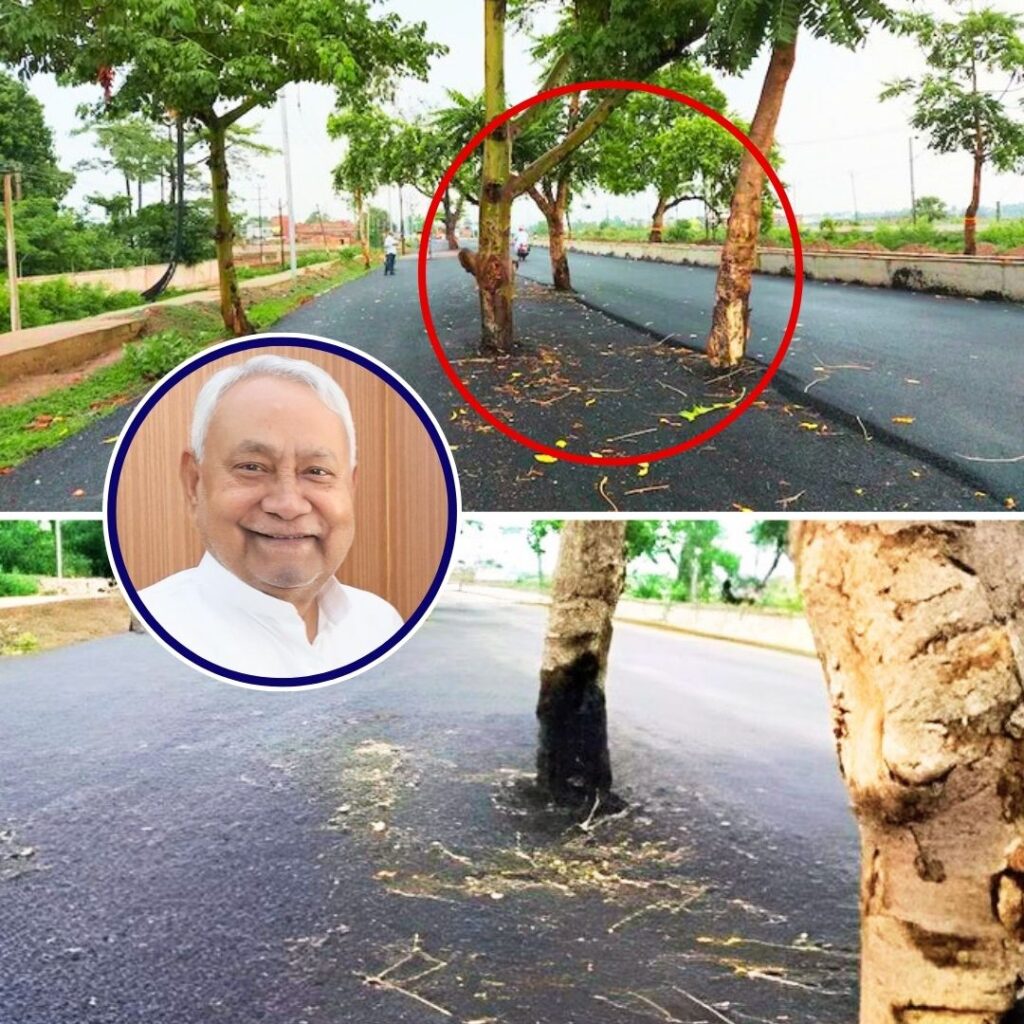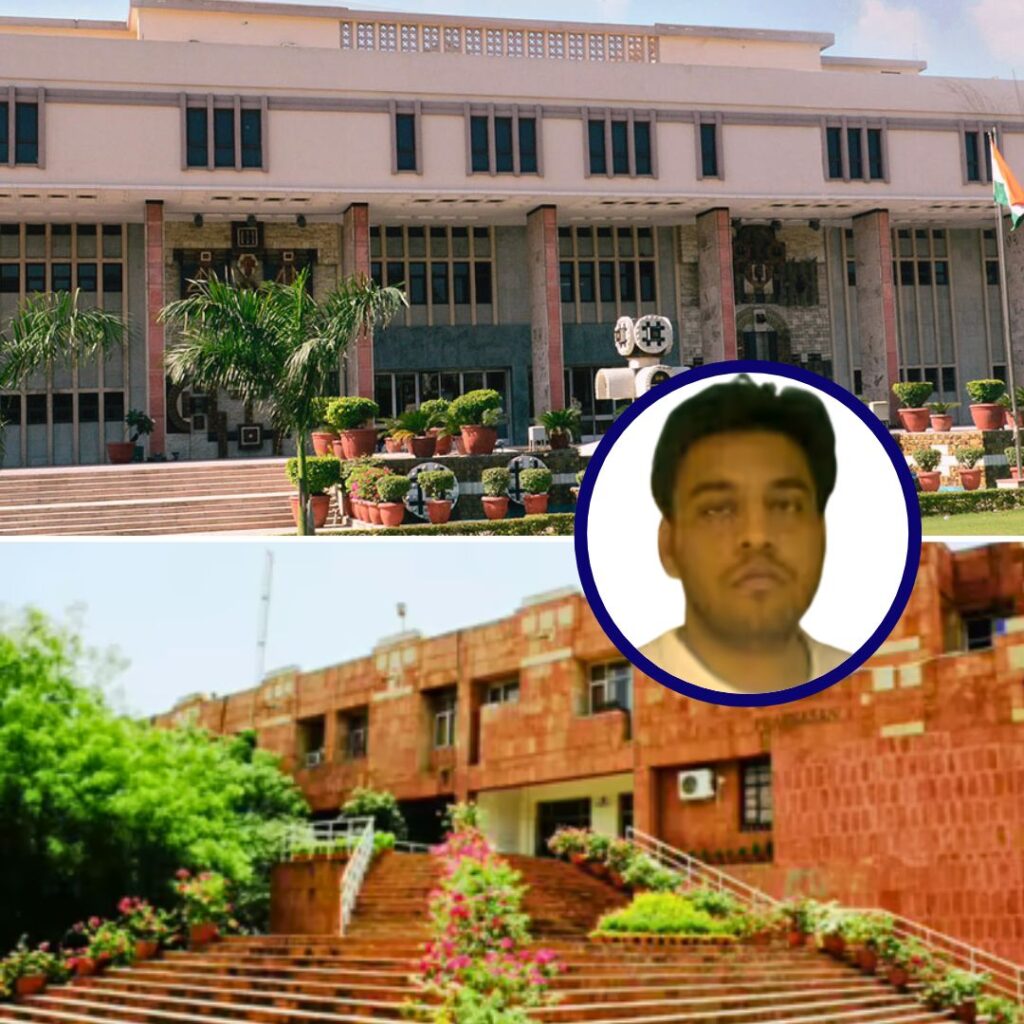According to a report in The Indian Express, three senior ministers in the Rajasthan state government have “backed a proposal to rewrite history taught at the university level to say that Rajput warrior-king Maharana Pratap won the Battle of Haldighati against the Mughal army of Akbar led by his general Man Singh.” The three ministers are the former Higher Education Minister, the School Education Minister, and the Urban Development and Housing Minister.
The Battle of Haldighati
The Battle of Haldighati was a four-hour battle between the ruler of Mewar (Maharana Pratap) and the Mughal Empire (ruled by Akbar I). The battle took place in Haldighati, Rajasthan, in the year 1576.
According to historians, the outcome of the battle was indecisive at best. The Rajput army led by Pratap was positioned at Haldighati pass, which was the sole route to Gogunda, the capital. The Mughal army was led by Man Singh I, who sought to curb the final resistance to Mughal ambitions in the region.
The battle was brief, but bloody. The Rajput amy was outnumbered by a factor of four. However, Pratap enjoyed initial success by destroying the left and right extremes of the Man Singh’s army. However, the Mughals soon overpowered their adversaries until the tide of the battle turned against Pratap.
Singh’s main aim was the capture of Pratap, or his death. However, the ruler of Mewar escaped before such a thing could happen. Therefore, though the Mughals won control of the pass and went on to capture the capital as well, Pratap remained elusive.
The outcome of the battle is mired in debate. The Mughals earned a temporary victory. However, Pratap was not captured and continued to challenge Mughal expansionism in the region. The result was indecisive, but the scales are more in favour of it having been a Mughal victory, even if it was because of mere numerical strength.
The ministers’ viewpoint
The former Higher Education Minister told The Indian Express that Akbar was only a foreign invader, and that Rana Pratap actually won the battle. “Yes, it has been established. A distorted version of history has been taught to generations of students. But the fact is that Akbar was a foreign invader and Maharana Pratap was a brave, patriotic ruler. And if there is a proposal to correct this mistake and tell students that Maharana Pratap actually won the battle, then what is wrong with it?”
Politicians are not historians
Firstly, both Pratap and Akbar were rulers in the Indian subcontinent. Neither was Indian, because the Republic of India would take almost four centuries to be formed. So the concept of patriotism makes no sense in this context. Pratap was loyal to the Rajput cause, not the Indian cause; Akbar was loyal to the Mughal cause, not the Indian cause. They were heroes for their followers, for their subjects. Both of them ruled parts of the subcontinent, and thus both are featured in our history textbooks. There is no question of patriotism, of who was more Indian or “foreign”, because we are talking about the Indian subcontinent in the 16th century, which was a collection of Rajput kingdoms in the west, regional dynasties in the south, and Mughals in the north.
Secondly, politicians are not historians. History is supposed to be based on facts, not subjective views on patriotism. We have here a former education minister suggesting that someone won a battle simply because he was, in his opinion, a “patriotic” ruler. This is downright jingoism and sensationalism. It would have been hilarious if it wasn’t for the fact that it sets a dangerous example and hampers the image of the state and the nation.
History can be distorted, but only those who study history can be trusted with amending it
History is often written by the winners. There is no doubt about it. But judging if a historical incident actually happened or was distorted is for historians to judge, not politicians or the general public.
I can go around writing and saying that Mohandas Gandhi was born in Kolkata, not Gujarat, and was the son of Jewish immigrants from Philadelphia. But it doesn’t change the fact that I am completely wrong.
One does not become a historian simply by reading a few books. Historiography is a sophisticated study involving archeological analysis, relative scrutiny (comparative history), genealogy, critical thinking, extensive discourse – all of which are outlined in the historical method (a parallel of the scientific method). Politics is a different field altogether.
There is a stark and important difference between opinion and fact. Our politicians need to understand this.
The Logical Indian hopes that this proposal is rejected. History should be left to the experts; it should not become the slave of sensationalism and sentimentality.











